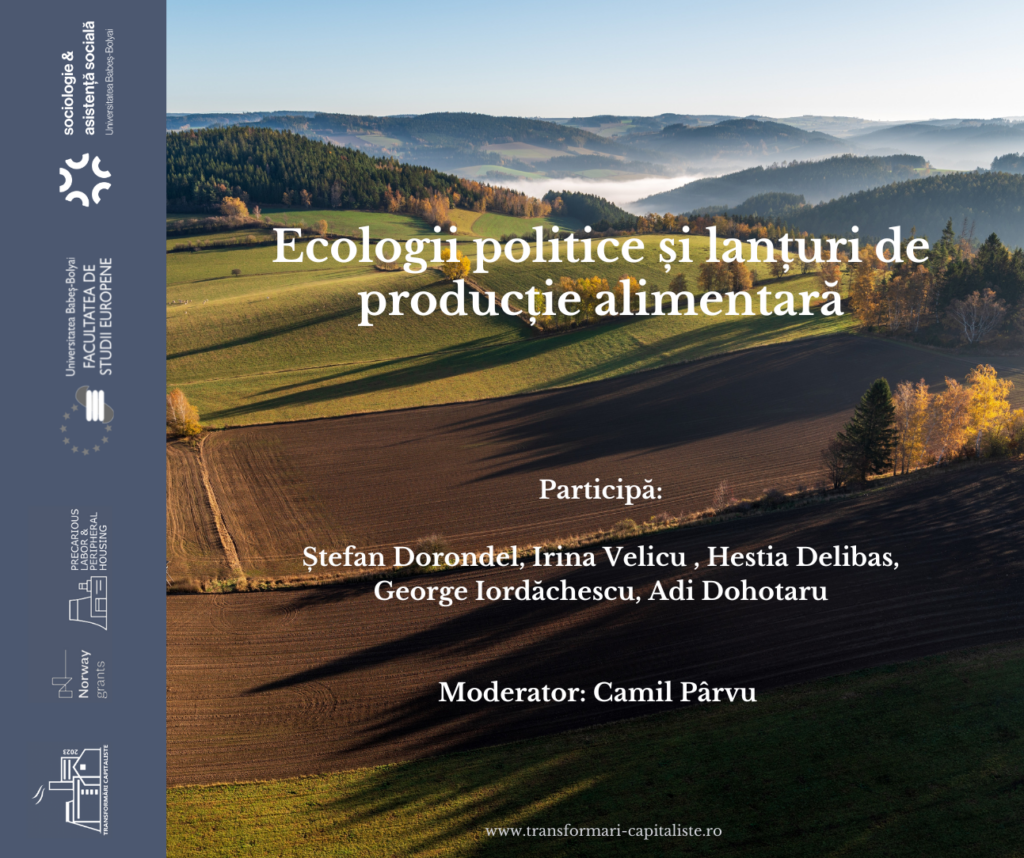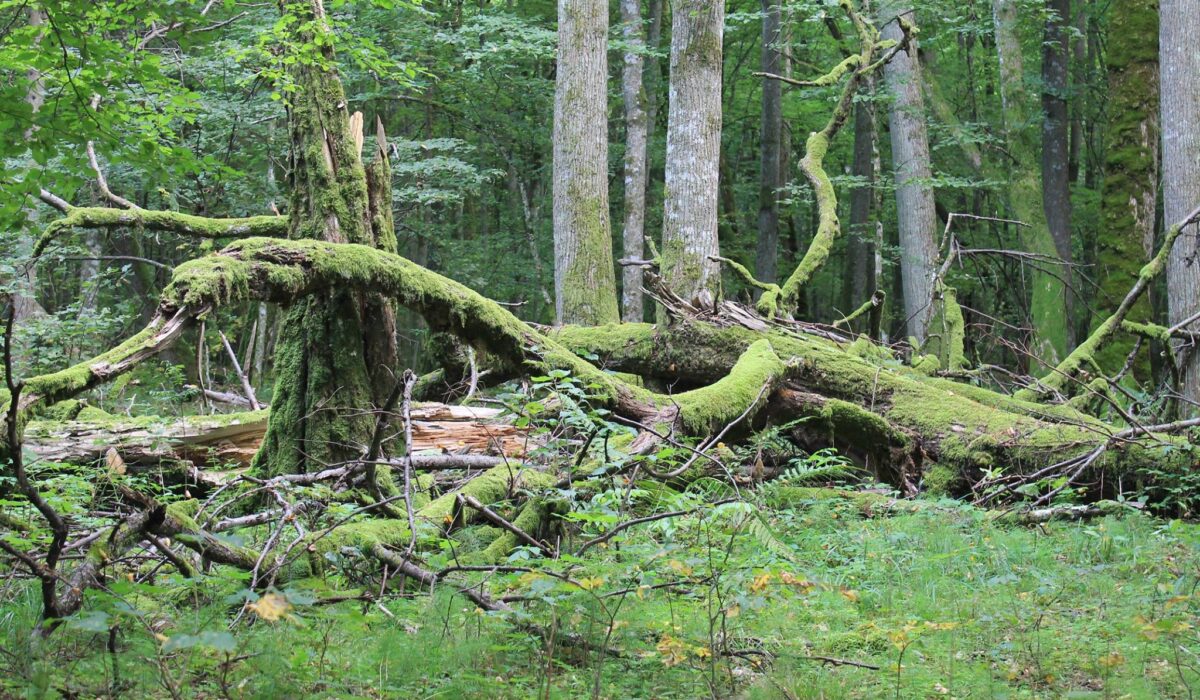Dr George Iordachescu will present work in progress at the second Capitalist Transformations Conference scheduled to take place between 23 and 25 March in Cluj-Napoca and online.
The Conference on ‘Capitalist Transformations in Romania: Unequal Development and Social Difference’ is co-organised by the Faculty of Sociology and Social Work and the Faculty of European Studies at the Babes-Bolyai University of Cluj-Napoca, Romania.
George will give a talk titled ‘Privatising wild nature and the making of Carpathian Mountains as a European green periphery’ which will be part of a panel discussing political ecology and critical agrarian issues in contemporary Romania.
To register for the conference please find more details here.

Abstract
The expansion of protected areas is embedded into regional green growth agendas such as the European Green Deal, and constitutes a central feature of recent international agreements such as the Post-2020 Global Biodiversity Framework which proposes various scenarios for enhancing the strict protection of nature. Conservationists suggest that a growing interest in conserving ‘untouched’ nature will mark a new era in intergovernmental cooperation and will conclude with the introduction of ‘wilderness’ values in sectors such as agriculture, energy and infrastructural developments. Read as part of a global attempt to strictly secure large areas of land for nature to develop according to its own rules, the European wilderness momentum appears as a process of re-territorialisation on the one hand, and as the creation of a new resource on the other. The new resource has become of utmost importance amongst EU strategies for green growth and climate change mitigation. Although merely a decade old, such conservation approaches have triggered important changes in socio-environmental relations in several peripheral areas, including the Carpathian Mountains in Romania. The paper will discuss how these wilderness protection projects have predominantly targeted the outer regions of the EU, creating an imagined green periphery where powerful actors are working towards controlling access to resources, commons, knowledge production and over the nature to be commodified. The development of wilderness protection in the region will be discussed as a process of unequal ecological exchange between a wealthier western core where decision-making processes, hegemonic conservation knowledge and financial mechanisms are concentrated and deployed to fix, restore, reconstruct and sustainably use ‘nature’ discovered in a periphery characterised by backwardness, subsistence, land abandonment and depopulation.
